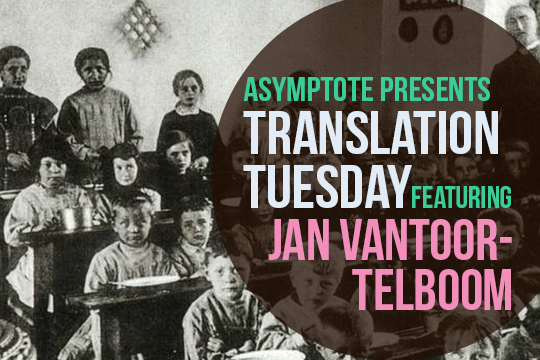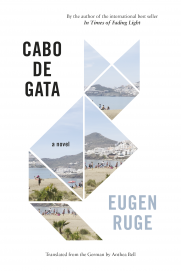Boey Kim Cheng’s reputation as a critically acclaimed writer rests on his work as a poet and essayist. He has authored five poetry collections—Somewhere-Bound (1989); Another Place (1992); Days of No Name (1996); After the Fire (2006); and Clear Brightness (2012)—the first two of which won Singapore National Book Development Council awards, and the last of which was selected by The Straits Times as one of the best books of 2012. His collection of essays Between Stations (2009) was shortlisted for the Western Australian Premier’s Prize in nonfiction.
This past October saw the publication of his first foray into novel writing. Set during a turbulent period in Tang-Dynasty-era China, Gull Between Heaven and Earth (Epigram Books, 2017) is a fictionalized biographical account of Du Fu, one of China’s most esteemed classical Chinese poets. The end-result of a ten-year-long, meticulously researched labor of love (the early fruits of which appeared in Asymptote’s inaugural issue), Gull represents the first extensive literary treatment of Du Fu’s life, fictional or otherwise, in any language.
In addition to venturing into the territory of prose fiction to complete the project, the Singaporean-born poet also undertook new translations of Du Fu’s poetry, which appear scattered throughout the novel, gem-like and epiphanic. In this interview with Asymptote Australia Editor-at-Large Tiffany Tsao, Boey recounts what compelled him to see this book to completion, as well as the challenges and joys of translating not only Du Fu’s poems, but his character and life.
Tiffany Tsao: On the one hand, your novel Gull Between Heaven and Earth represents a shift for you. Until now, you’ve been a poet and essayist. On the other hand, there’s considerable continuity between your previous works and this one: Gull is about a poet and his poetic calling; it contains poetry as well as themes of travel and nostalgia, which feature prominently in your past work. What prompted you to switch forms for this project? How have you found the experience of writing fiction in prose compared to writing poetry and nonfiction in prose?






